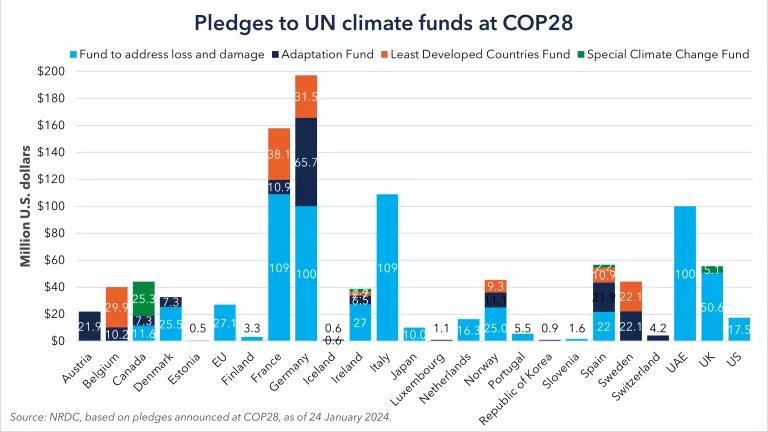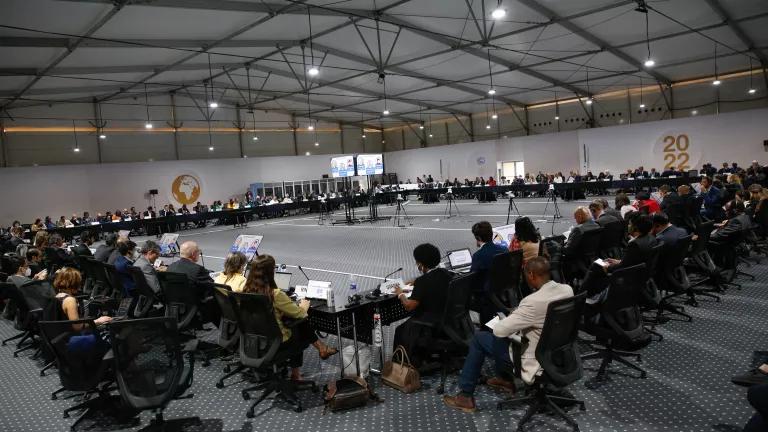Chile
After several years of uncertainty, executives of the two companies proposing large dam complexes on Patagonian rivers, HidroAysén and Xstrata, indicated that this month they will sign a Memorandum of Understanding to share the transmission line that they would need to build to carry their plants’ power to the main electric grid 1900 kilometers to the north. (Diario Financiero 7/13/2011) The first of Xstrata’s three planned dams, called Rio Cuervo, completed the third round of its environmental impact review when the regional environmental authorities delivered a compiled report of their observations to its environmental impact statement to the company and asked for more information. The company asked to deliver this information in December of this year. (La Tercera 7/15/2011) Early last week, documents about HidroAysén’s planned transmission line were leaked to the press, and then spread on the internet. The company acknowledged the authenticity of the documents. Until the leak, HidroAysén had kept nearly all information regarding the transmission line’s route and the status of the company’s contact with property owners secret. (La Tercera 7/12/2011; El Ciudadano 7/13/2011)
The Small and Medium Hydroelectric Plant Association, or Apemec, estimated that smaller sized hydro plants have the potential to generate ten thousand megawatts of energy. The Association noted that is is four times the amount that the controversial mega-dam project HidroAysén would generate. The group’s president, Pedro Matthei, said that currently, 32 plants are online or under construction and generate 250 MW, while 34 new projects with the combined potential to generate 424 MW are in environmental impact review. (El Mercurio 7/11/2011)
The recent increase in the exploitation of shale gas in other parts of the world–particularly the U.S.—, has convinced Enap, Chile’s state petroleum company, to explore for the resource in its own country. Chile has very few native deposits of carbon-based energy resources, and so shale gas, called “non conventional natural gas” in Chile, could have important repercussions on Chile’s energy market. (Revista Electricidad Interamericana 7/14/2011)
Costa Rica
Since the beginning of 2011, Costa Rica’s Environmental Tribunal has processed 254 violations, of which 33% of are related to protected areas. Other common violations are related to wetlands, improper handling of waste water, logging and land use changes. The region with most cases is Puntarenas, along Costa Rica’s Pacific coast. (El Financiero 7/11/2011)
The controversy over possible fossil fuel exploration and exploitation in Costa Rica continues to develop. Despite Mallon Oil’s claim that it has passed all legal hurdles and the government must now sign a contract, Energy and Environment Minister de la Torre announced that before the process can move forward the company must first expand its preliminary environmental impact assessment. In addition, Costa Rica’s National Environmental Technical Secretary (SETENA) has asked Mallon Oil to specify the locations where it proposes to explore for oil and natural gas and detail what type of field work would be necessary during the prospecting phase. (La Nación 7/13/2011) Mallon Oil’s representative has said it is not opposed to completing environmental impact statements once the government signs the contract. Mallon Oil is currently studying the request by Setena to determine if the concession it was received in 2000 included such a requirement. (Diario Extra 7/14/2011)
Mexico
The U.S. business group Cannon Power Group, a company dedicated to wind power, will start the construction of three new parks in the states of Quintana Roo, Zacatecas and Baja California, with a private investment of 2,500 million dollars. Mexican President Felipe Calderon announced that this investment "is the result of active encouragement, in our energy and environmental policies, to the generation of renewable energy in the country." He added that these wind projects will bring together 900 direct jobs. Another wind power company, Vestas, aims to have between 20 and 30 percent of the Mexican wind market projects in operation and construction for 2012. The company’s director in Mexico, Central America and the Caribbean highlighted that the country has privileged natural resources that provide potential for wind power generation. (Excélsior 07/12/2011); (Renewable Energy Magazine 07/11/2011)
Greenpeace placed in the headquarters of the Ministry of Environment and Natural Resources (SEMARNAT) a 30 square meters banner saying 'Semarnat, cancel Cabo Cortés Now' to require the agency to revoke the authorization of the mega resort, planned for Baja California Sur. This is not just a demand from Greenpeace, but more than 5,000 people along with the organization, who filed a complaint procedure of administrative liability against two officials of the secretariat, Mauricio Limón Aguirre, undersecretary of Environmental Protection Management and Eduardo Enrique González Hernández, head of the General Directorate of Environmental Impact and Risk (DGIRA) for the illegal approval of the project Cortez Cabo and for jeopardizing the National Marine Park Cabo Pulmo. A group of 22 scientists from 18 national and international academic institutions alerted the United Nations this tourism model from Hansa Urbana does not guarantee a sustainable development for the region and would irreversibly harm the Natural Protected Area of Cabo Pulmo. Despite the major outcry against the project, the Ministry of SEMARNAT gave partial conditional approval on the tourism project Cabo Cortés, of the Spanish firm Hansa Urbana. The Ministry clarifies studies were requested of the firm to ascertain whether there would be any damage to the environment, which may take two years to develop. (Terra.com 7/10/2011); (Tribuna de los Cabos 07/15/11); (Milenio Online 07/14/2011)
Note: The linked articles and excerpts in this post are provided for informational purposes only and do not necessarily reflect the views or positions of the Natural Resources Defense Council.



